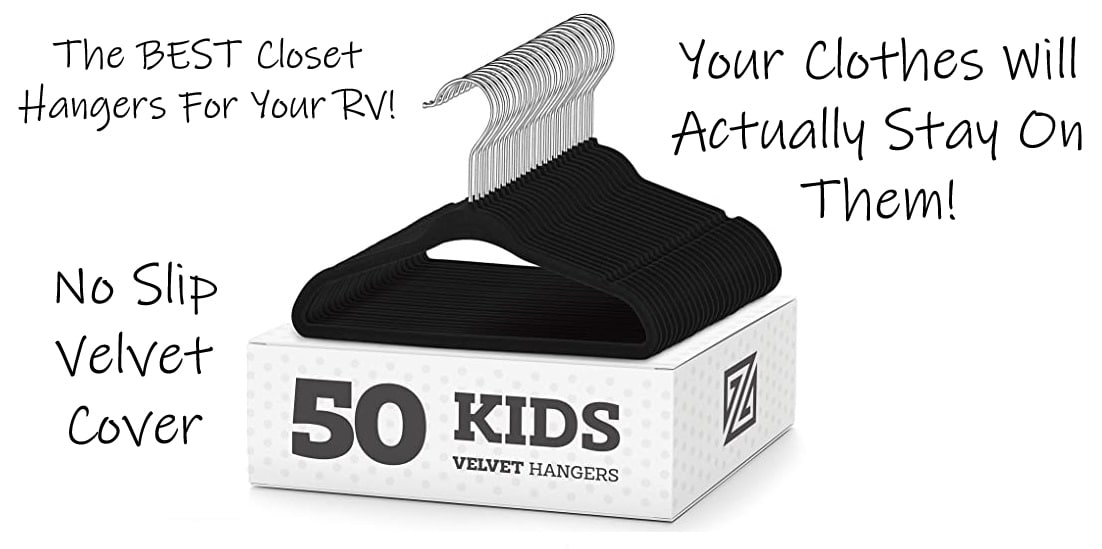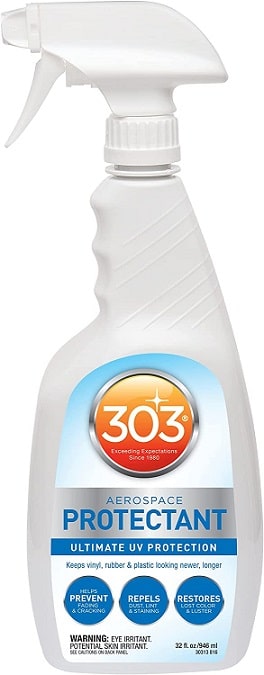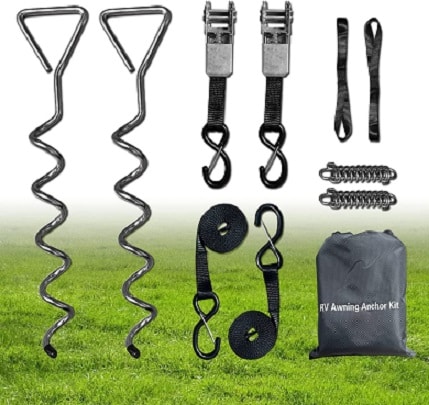We belong to a few Full Time RV groups on social media. Recently, we have been seeing a recurring problem of torn awnings. Thankfully, we haven’t had this problem. Unfortunately, we’ve been close more times than I care to count. So we decided to review some of the things you can do to prevent this from happening to your RV.
# 1. Extend Only When Using
The simplest thing you can do it to only extend the awning when you’re using it. Sounds silly. But the truth is, if you aren’t sitting under it, there isn’t much need for it to be out.
Keeping the awning out when you aren’t using it will make it easier to forget about when you leave your site. Wind, rain, and sun exposure all lead to torn awnings.
# 2. Clean Your Awning Regularly
Keep your awning clean and free from debris. It may be a little bit of a pain, but before bringing your awning in, you should make sure that there aren’t any twigs that will get rolled up with it.
Sadly, one little twig rolled up the right way can create a puncture that will eventually lead to a bigger tear. Make sure you wash both sides of your awning too.
3. Wind Causes Torn Awnings
You know not to keep your awning out when you aren’t using it. But if you are using it and the wind picks up, roll your awning in. The right gust of wind under the awning can have that baby sailing over your RV and ripping to shreds. Unfortunately, we saw this happen to someone on what appeared to be a relatively calm day. The wind started slowly and turned wicked before the gentleman thought to bring the awning in.
4. Lower One End When it’s Raining
Rain happens. If you’re using your awning as cover from the rain, drop one end of it to let the rain run off. Keeping the awning fully extended will allow the water to pool in the middle. This will create stress on the awning. Stress can lead to a torn awning. Make sure to pay attention to any wind gusts while using your awning for rain cover though.
Check Out Our Article About Other RV Maintenance
5. Leave Wet Awnings Out to Dry
If it isn’t windy, leave your awning out so it can dry after the rain or washing. Rolling in a wet awning can create mold build up. This will shorten the life span of the material. Obviously, this can’t always be prevented. But you should roll the awning back out and wash it when conditions improve so it can thoroughly dry properly.
6. Tie It Up When Traveling
Most campers today have motorized awnings that keep it secure while traveling. But not all of them! Make sure that your awning is completely rolled in and has been tied up or secured before you pull out of your site. You don’t want to be the person seen ripping your own awning off because you forgot to roll it in, or didn’t secure it properly.
7. Use Tie Downs
Sometimes, bringing your awning in and out all of the time isn’t an option. In that case, we recommend using a Tie Down Kit. They are relatively inexpensive, especially when compared to the cost of replacing a torn awning. The trick here is to not create added stress on the supports, but to just keep the awning in place.
Torn Awnings Happen
Even doing everything listed above you could still find yourself with a torn awning. They aren’t made to last forever. But preventative measures and proper maintenance should extend it’s life expectancy. And save you some money on an unexpected repair.
If you like this article, don’t forget to share it. Maybe one of your friends could benefit from the info too!





